Summary
This book traces the origins of knowledge study circles (ḥalaqāt) in the Two Holy Mosques, in Makkah and Madinah, from the Prophetic times and those of the Rightly-Guided Caliphs, through the Umayyad, Abbasid, Mameluke and Ottoman eras, to the present day. It explains in detail the types and development of elementary education establishments, called kuttāb, and formal schools (madrasah) neighbouring both holy mosques, as well as how lessons specific to study circles originated in both locations. The book then addresses the institution of hostel (ribāṭ) and its role in promoting knowledge throughout the Islamic eras, whether providing the amenities of shelter, food, and medical services to scholars, jurists and students of knowledge hailing from the Muslim lands, or contributing to the activity of the educational movement; indeed, scholars who were settled in these hostels (plural: ribāṭat) would hold study circles on the disciplines of canonical readings (qirā’āt), jurisprudence (fiqh), legal theory (uṣūl al-fiqh), sciences of the Prophetic traditions (‘ulūm al-ḥadīth), Arabic language, and sciences of reason (al-‘ulūm al-‘aqliyyah). The book also addresses both the scientific board (al-hay’ah al-‘ilmiyyah) and general teaching systems in al-Masjid al-Ḥarām, as well as the most renowned courtyards (sing. ḥaṣwah) and arcades (sing. riwāq), where study circles were convened. The book concludes with biographies (tarājim) of scholars of the two holy mosques.


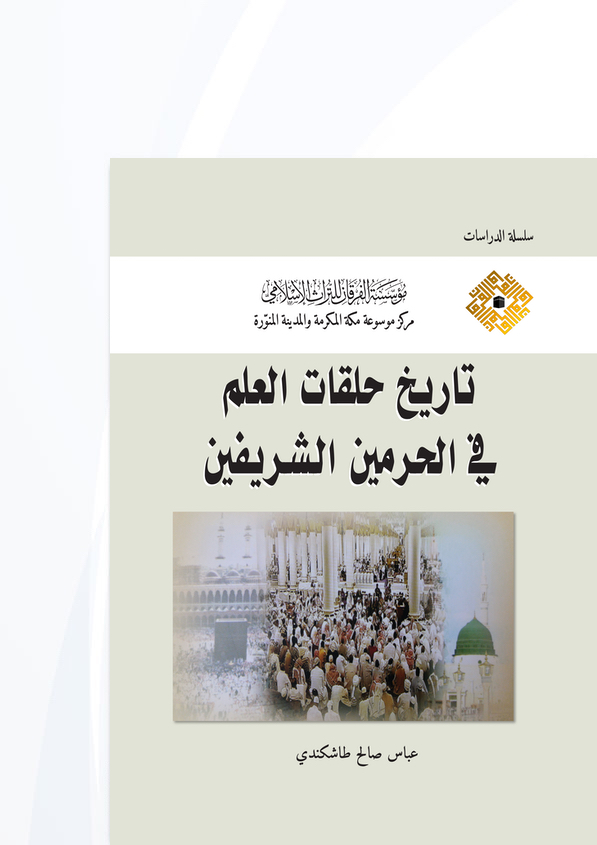
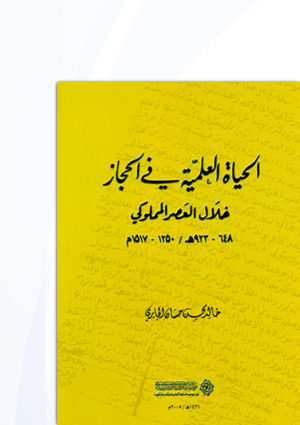
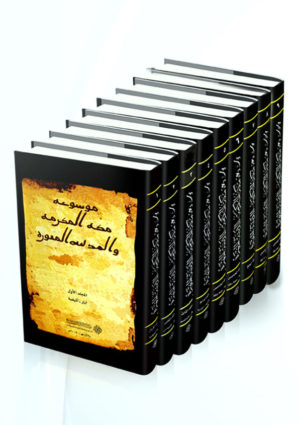
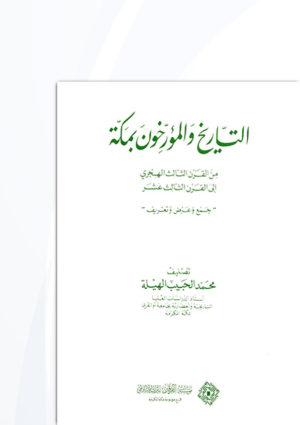
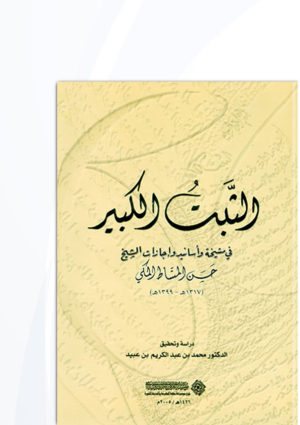
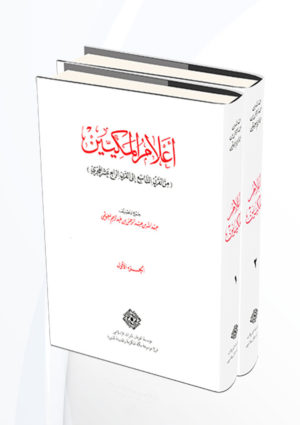
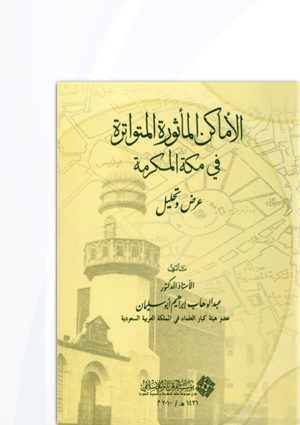
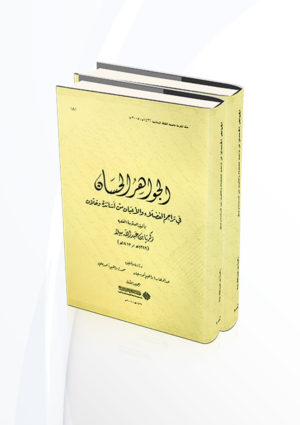
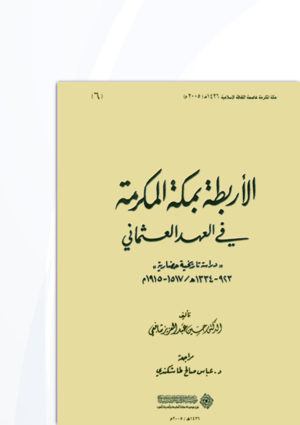
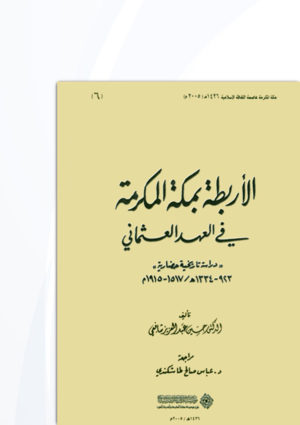
Reviews
There are no reviews yet.